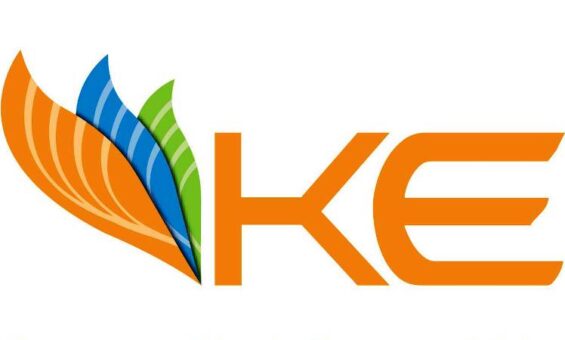ISLAMABAD: The Competition Commission of Pakistan (CCP) has imposed a penalty of Rs75 million on Pakistan Flour Mills Association (PFMA) for providing a platform to share commercially sensitive information and fixing the quantities of production of wheat flour.
The commission took the notice on reports suggesting unusual price hike of wheat flour or wheat atta across Pakistan and carried out raids on PFMA premises.
“The enquiry in the matter concluded that PFMA is providing a platform to its members for settling of prices of wheat flour to avoid any form of competition which is in violation of the laws.”
After hearing the parties, the CCP’s bench comprising of the Chairperson Ms. Vadiyya Khalil and Members Dr. Muhammad Saleem and Dr. Shahzad Ansar passed the order.
The commission observed that under Article 38 of the Constitution the State is responsible to ensure the provisions of food and basic necessities at fair prices along with social and economic benefits to its citizens.
Accordingly, Provincial Food Departments set a maximum cap of the wheat flour price under the Foodstuffs (Control) Act, 1958; as wheat is Pakistan’s dietary staple and used by consumers belonging to all socio-economic groups.
The wheat flour currently contributes 72 percent of Pakistan’s daily caloric intake with per capita wheat consumption of around 124 kilograms per year, one of the highest in the world.
The commission observed that having a maximum cap in the essential food item benefits the consumer to bargain for a lower price and prevents retailers from overcharging consumers. This also enables retailers to discount the product in order to increase their sale.
“PFMA in complete derogation of the aforesaid objective, deliberately fixed the rates of wheat flour by conducting meetings and discussing the prices as well as the quantities to be produced and supplied by flour mills in violation of Section 4 of the Competition Act.”
The CCP also observed that discussion, deliberation and decision regarding purely business concerns like current and future pricing, production and marketing are anti-competitive and should be avoided at all costs by the association.









